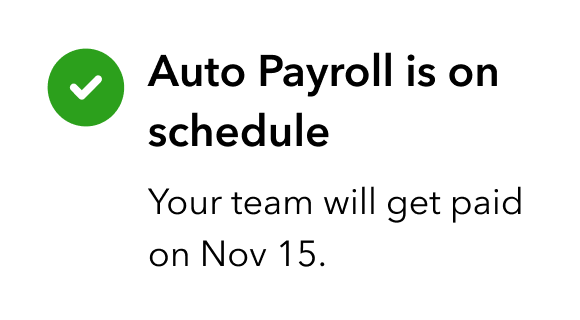Should I Pay Off My Car Loan: A Comprehensive Guide
Guide or Summary:Understanding the Benefits of Paying Off Your Car LoanExploring the Costs and ConsiderationsAssessing Your Financial SituationExploring Alt……
Guide or Summary:
- Understanding the Benefits of Paying Off Your Car Loan
- Exploring the Costs and Considerations
- Assessing Your Financial Situation
- Exploring Alternative Financing Options
In the ever-evolving financial landscape, one question often arises: Should I pay off my car loan? This is a pivotal decision that can significantly impact your financial health and long-term goals. Whether you're just starting to consider this option or have been pondering it for some time, understanding the intricacies and potential outcomes is crucial. This guide delves into the nuances of paying off a car loan, providing a balanced perspective to help you make an informed decision.

Understanding the Benefits of Paying Off Your Car Loan
Paying off your car loan can offer numerous financial advantages. Firstly, it frees you from the burden of monthly payments, providing you with more disposable income. This can be redirected towards other financial goals, such as building an emergency fund, investing in stocks, or saving for retirement. Additionally, being debt-free can enhance your credit score, as paying off a loan reduces your debt-to-income ratio and improves your overall credit utilization.
Exploring the Costs and Considerations
While the benefits are compelling, it's essential to weigh the costs and consider the alternatives. Paying off your car loan early typically results in significant interest savings, but it may also mean missing out on potential appreciation in the car's value. Furthermore, if you plan to purchase a new car shortly after paying off your current loan, you may need to finance the next vehicle, leading to a cycle of debt.

Assessing Your Financial Situation
Before making a decision, assess your financial situation meticulously. Consider your current income, expenses, and overall financial goals. Determine if you have sufficient savings to cover any potential emergencies and evaluate your investment opportunities. If you're uncertain about your financial readiness, consulting with a financial advisor can provide valuable insights and guidance.
Exploring Alternative Financing Options
Exploring alternative financing options can provide a clearer picture of your financial options. For instance, refinancing your car loan may offer lower interest rates and more favorable terms, making it easier to manage your monthly payments. Additionally, leasing a car instead of buying can be a more affordable option, particularly if you're not ready to commit to a long-term car loan.

Deciding whether to pay off your car loan is a deeply personal decision that requires careful consideration of your financial situation, goals, and alternatives. By thoroughly evaluating the benefits and costs, assessing your financial readiness, and exploring alternative financing options, you can make an informed choice that aligns with your long-term financial objectives. Remember, the ultimate goal is to achieve financial stability and peace of mind, so take the time to weigh your options and choose the path that best serves your needs.